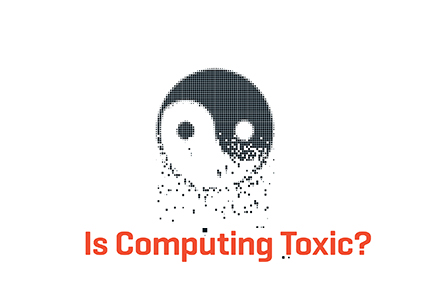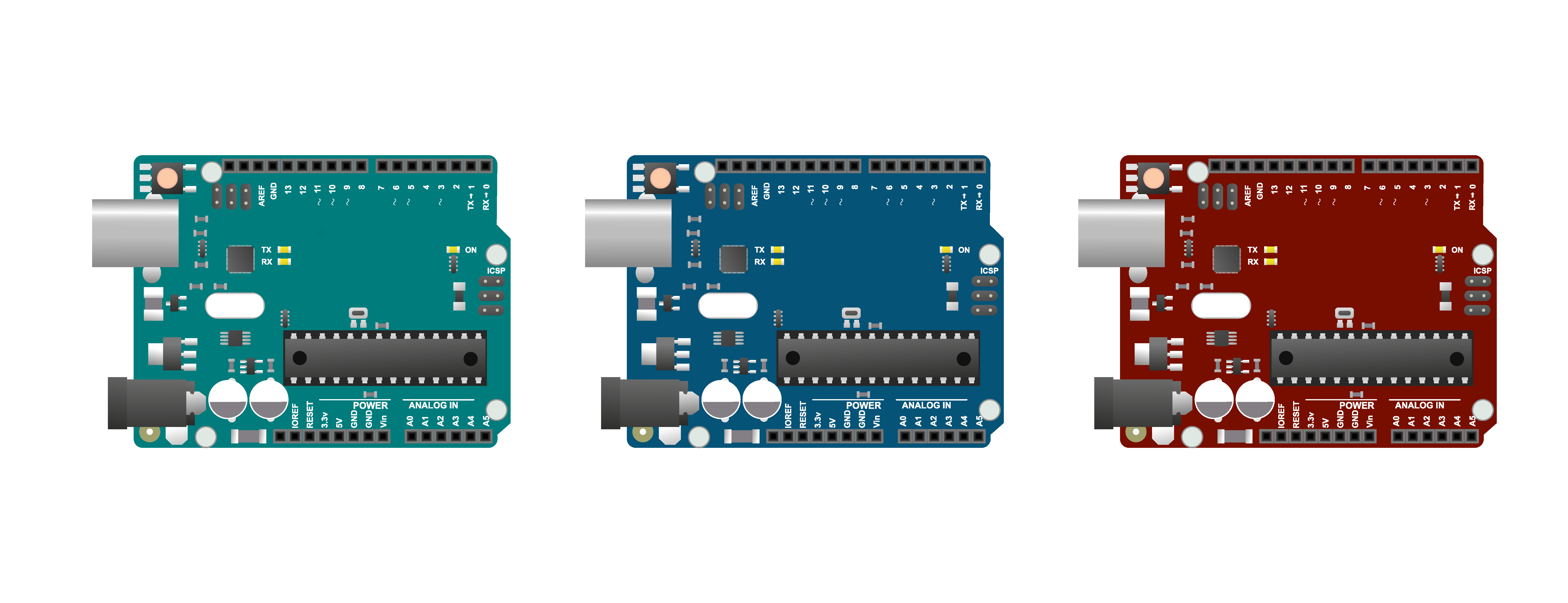Magazine: Fall 2021 | Volume 28, No. 1

Post-World War II, computers have greatly accelerated the development of human society. Today the prevalence of personal laptops, smartphones, and wearable devices profoundly affects our daily lives. It is hard to imagine a world before the digital age. However, with the advances of computing technology, computing’s adverse effects are now a major global concern. When computing brings efficiency and convenience, it also brings digital addiction, privacy invasion, social isolation, and more. As a result, our health conditions, interpersonal relationships, and human rights are all impacted. For example, screen overuse and sedentary postures can lead to depleted physical and mental health in the form of eyestrain, back and neck issues, insomnia, anxiety, and depression.
We, therefore, ask: “Is computing toxic?”
Download
- Digital Edition web-based magazine available for subscribers – sign in
- PDF via ACM’s Digital Library
SECTION: Features
Designing technology that promotes users' digital wellbeing
Existing tools for digital self-control strongly rely on users' self-regulation strategies and capabilities. Recent work, however, highlights the importance of proactively assisting users in learning how to use technology through customizable and adaptable interventions.
By Alberto Monge Roffarello, Luigi De Russis
OPEN ACCESS
Using sensors to measure inbox stress
Email notifications are constantly calling for our attention, and the volume of emails is ever-increasing. A research group at the University of California, Irvine explores how managing the inbox affects stress for different working populations.
By Fatema Akbar
Sleep, health, productivity, and the double-edged sword of technology
While technology has traditionally impaired sleep, it also has the potential to enable and reframe sleep as a productivity and health booster.
By Stephen M. Mattingly
Current practices in mental health sensing
The ubiquity of smartphones and wearables makes it an attractive option to passively study human behavior. We explore the current practices of using passive sensing devices to assess mental health and wellbeing, including the limitations and future directions.
By Subigya Nepal, Weichen Wang, Bishal Sharma, Prabesh Paudel
Critical thinking of mobile sensing for health
What you need to consider before collecting, processing, and analyzing mobile data for health applications.
By Afsaneh Doryab
The role of online communities in supporting mental health during the COVID-19 pandemic
The COVID-19 pandemic has had a major effect on billions of lives, with online communities playing an active part in supporting people's mental health.
By Chengcheng Qu, Renwen Zhang
Integrating people-centered and planet-centered design
Exploring the many approaches and issues involved in developing technologies for wellbeing---from including environmental concerns to building long-lasting, transdisciplinary partnerships both inside and beyond the academy.
By Xuhai Xu
Toward a more empathic relationship between humans and computing systems
How might computing support us in becoming our better, more emotionally resilient selves? We explore this in an interview with the team from Microsoft Research's Human Understanding and Empathy group.
By Xuhai Xu, Karan Ahuja, Jasmine Lu, Mary Czerwinski, Jina Suh, Gonzalo Ramos
Assessing the mental health of college students by leveraging social media data
The mental health of college students is a growing concern and gauging the mental health needs of this group is difficult to assess in real-time and in scale. The ubiquity and widespread use of social media, particularly among young adults, provides opportunities for various stakeholders to proactively assess the mental health of college students and provide timely and tailored support.
By Koustuv Saha, Munmun De Choudhury





















